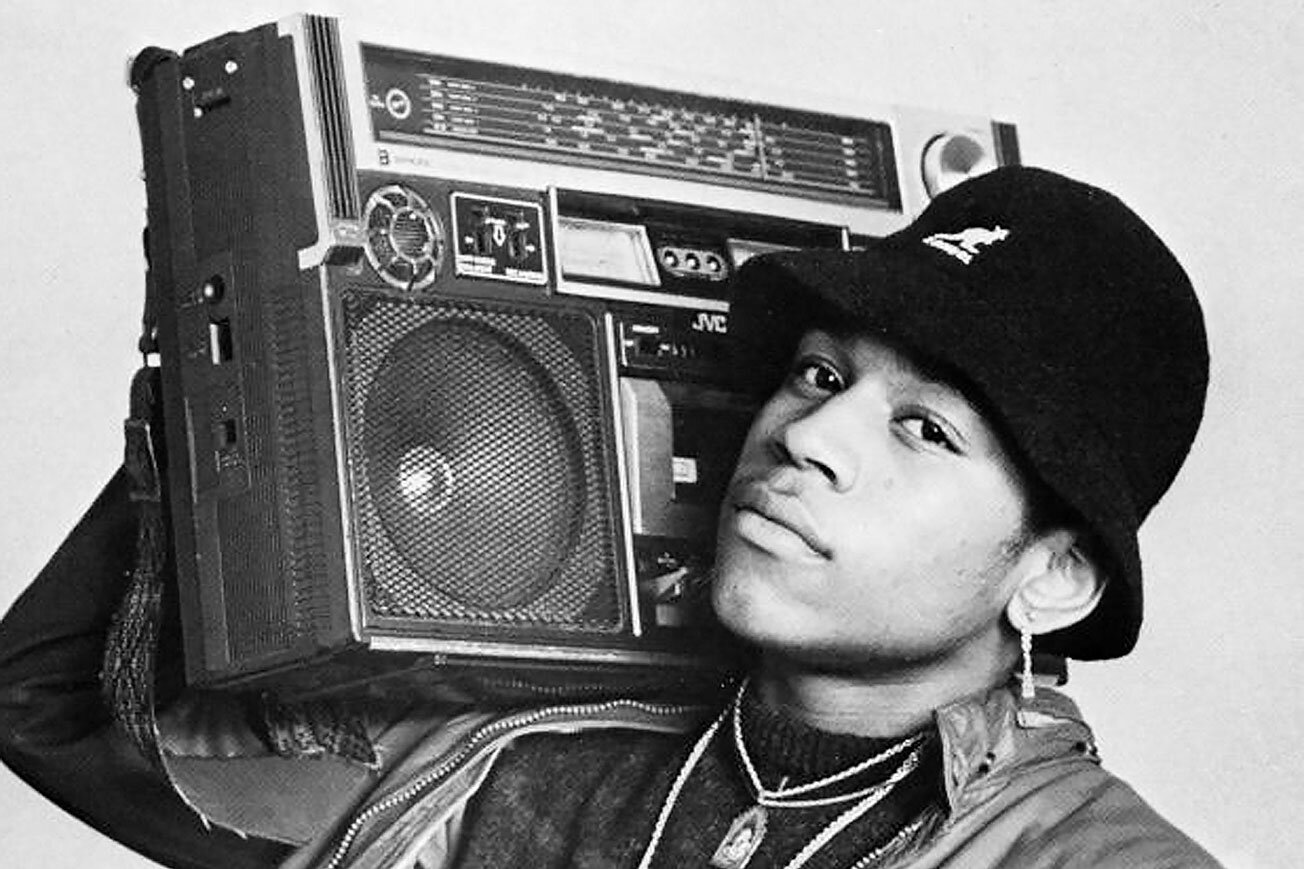The Rock and Roll Hall of Fame Refuses to Graduate from High School

Each year, the nominations, inductees, and the conversations that surround them serve as reminders that there's no escape from high school.
My capacity for outrage at the Rock and Roll Hall of Fame’s inductees has diminished exponentially over the years. Each year, at least one bland, banal act that changed nothing, affected nothing and put nothing at stake has been enshrined, further devaluing the hall the moment its name was called. It hasn’t helped that the conversation on social media that followed each announcement of nominations—one of which has now been Chic for 11 years running—felt like a return to high school, when “Disco sucks!” sufficed for many as an aesthetic assessment. Sadly, in this decade that still seems to be the case for many voters—enough to keep Chic out yet again.
This year, Chic’s Nile Rodgers will receive an award for “Musical Excellence,” which he clearly recognizes as a consolation prize. “Even though I'm quite flattered that they believed that I was worthy, my band Chic didn't win,” he told Rolling Stone.com. They plucked me out of the band and said, ‘You're better than Chic.’ That's wacky to me.” I doubt he’d have even got that if he had not also produced David Bowie, Duran Duran and Madonna—who came to him because of Chic, Rodgers said—and been at the heart of Daft Punk’s “Get Lucky.” Voters haven’t found Jesus on disco and left it to the hall to clean up their mess.
Who should be in is determined in large part by what you think rock and roll is, of course, and in previous years people have argued that Chic isn’t rock and roll. It’s been very clear over the years that for many, “rock and roll” is Foghat with better songs—loud guitars, bass, and drums playing songs with verses and choruses. You know—RAWK! Or, in the case of Journey, rawk.
For me, that conception of rock and roll defines down to how it’s made, as if a house is defined not by walls and roofs but hammers and saws. Keyboards may now be able to make a cool, confrontational noise equivalent in impact to the distortion that made “Satisfaction” so bracing when the song was first released, but because keyboards aren’t guitars, basses or drums, electronic artists like Kraftwerk are left on the outside looking in. Bottom line: If no one leaned on a Camaro in a high school parking lot and smoked cigarettes to your music, you’re not rock and roll and can’t be in the Rock and Roll Hall of Fame.
For me, rock and roll is defined by what it does, not how it’s made. Rock and roll is the music that draws a line in fat, red Sharpie between where mom and dad leave off and you begin. It’s the music that makes you feel like a rebel, and it’s the soundtrack to getting wasted and getting laid. It’s how you separate the people you want to hang with from the people you don’t, and that’s the first step toward envisioning a better world. At the moment, EDM is rock and roll, but rock and roll has been a lot of things since the late 1950s, and all of them have been confrontational at some level. My Rock and Roll Hall of Fame would include T. Rex, Chic, Kraftwerk, The MC5, The Replacements, and the New York Dolls, all of whom are astonishingly still on the outside looking in. Each made an impact everywhere but on the charts, and Chic even left its mark there with hits on its own and with Sister Sledge and Diana Ross.
But the conversation over the hall of fame inductions is pointless because the voting lack the intellectual rigor of that scenario. Part of the affection for prog rocks such as Yes, who were voted in this year, stems from the fact that the music sounds hard to do, what with the tricky time signatures, lengthy compositions broken into movements, and the emphasis on technique. Part of America responds at a fundamental level to musicians who work, and Bruce Springsteen’s marathon concerts checked that box in his favor years ago. On the other hand, the suspicion that EDM artists might be updating their Facebook status when they fiddle with their laptops on stage becomes proof in critics’ minds that they are. And no one ever broke a sweat typing.
Besides, even though voting leans toward dudes with electric guitars, there’s also Tupac and Joan Baez. Every year there’s an anomaly or two that I think of voting-as-flossing: People voted for them because they felt like good people would. If any folk singers belong, Baez does, and I’m agnostic on Tupac, who never moved me. I don’t think he’s a mistake; he simply wouldn’t have got my vote.
The Rock and Roll Hall of Fame would be better and more accurately titled the Bands I Used to Love Hall of Fame—an exercise in nostalgia masquerading as something more official and validating. Yes, its nominations reflect the Rolling Stone narrative of music history, which sees it as the story of great albums—and not, as I think is more accurate, great songs—but the results clearly show that voters are simply picking the bands they used to like with nothing systematic in their choices. It celebrates popularity—again, like high school—and leaves the unruly weirdos on the outside looking in.






